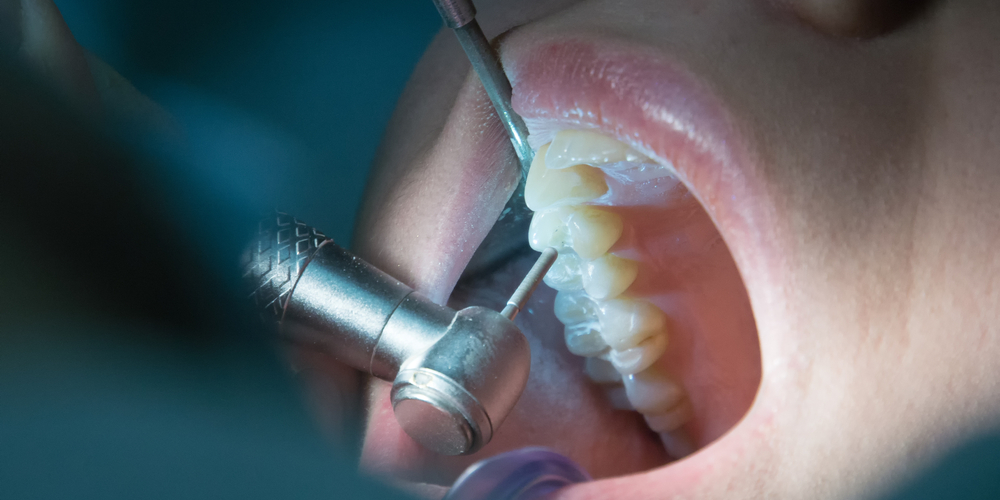What does an endodontist do?
An endodontist deals with problems concerned with the tooth root and tooth pulp and specialises in root canals, treating patients with infections that have spread to the dental pulp of the tooth. All dentists have some endodontic training, but patients requiring more complicated treatment are usually referred to a specialist endodontist, who deals with:
- Teeth with particular narrow canals, branching of the canal, obstructed canals and teeth with very curved roots
- Cleaning and disinfecting the root canal system
- Reinserting teeth that have been knocked out of the mouth in an accident
- Taking dental X rays throughout the procedure to ensure the treatment is thorough and effective
What skills and qualifications do you need to become an endodontist?
Entry requirements
Specialist training courses in endodontics are very competitive and applicants must have a minimum of 2 or 3 years experience in the dental industry after qualifying as a dentist. You must be able to provide evidence of how your clinical skills and knowledge have developed after qualifying. Some institutions may also prefer applicants to have the MFDS (Member of the Faculty of Dental Surgery) qualification.
Qualifications
To become an endodontist, you must undertake 3 years of additional training to obtain an MSc (Master of Science) in Endodontics. This course consists of a combination of academic study, research (through completing a dissertation) and a clinical work placement in a hospital. The clinical work placement will help you to develop your skills in diagnosing problems, planning a course of treatment and the clinical management of adult patients who need endodontic care, as well as instilling in you the importance of working as part of a wider dental team when treating patients.
Career prospects
Specialist endodontists work in hospitals and clinical practice. They could also work towards a PhD and go into university teaching and research.
British Endodontics Society (BES)
What is the BES?
Established in 1963, the BES promotes the exchange of information about root canal treatment and all other aspects of endodontics, and supports the advancement of endodontics in the UK to ensure that patients receive the highest standard of endodontic care possible.
What does the BES do?
- Promotes research in the field of endodontics
- Supports continuing professional development and education for dentists and specialist endodontists
- Organises annual meeting to give colleagues the opportunity to meet each other and share ideas

